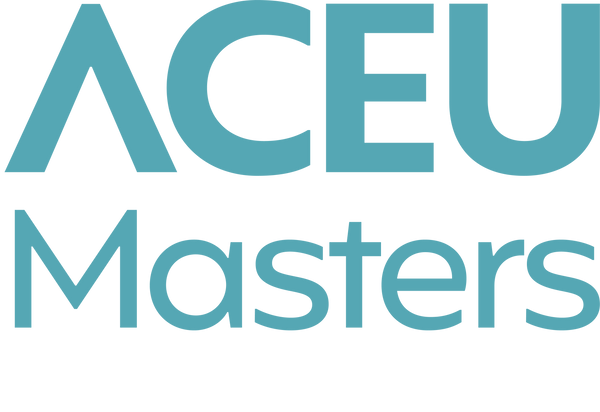About CTCMPAO Professional Development Activities
The College of Traditional Chinese Medicine Practitioners and Acupuncturists of Ontario (CTCMPAO) mandates that acupuncturists in Ontario must undertake 15 hours of continuing education every calendar year (January 1 - December 31).
Acupuncture professionals have the flexibility to choose their own professional development pursuits. Courses offered by ACEU Masters are eligible for fulfilling all your Professional Development Activity requirements.
All 15 hours can be claimed in online courses in Category A, with a limit of 5 hours maximum in certain topics (called Category B).
Category A, which most of our courses fall under, includes:
Advertising
- Relevant regulations such as Professional Misconduct Regulation
- CTCMPAO Standard for Advertising, Advertising Guideline
- CTCMPAO Advertising webinar
Communication
- Activities focused on developing and maintaining effective interprofessional relationships
- Communication skills development, learning English/French
Consent
- Relevant legislation such as the Health Care Consent Act, 1996 and Personal Health Information Protection Act, 2004, and the CTCMPAO Standard for Consent
TCM Diagnosis and Treatment
- TCM diagnosis and patient assessment methods (e.g., application of fundamentals of TCM theory in diagnosis and treatment, establishing and monitoring treatment plans based on TCM diagnosis)
- Acupuncture techniques
- TCM treatments such as Gua Sha, Tai Chi Cupping, Qigong, Moxibustion, Tui Na
- Knowledge of TCM foundations
- Herbal therapy and management
- Biomedical concepts
- Knowledge of Traditional Chinese Medicine illnesses
- Advancements in related technology or techniques
- Patient education and counselling (e.g., diet/nutrition)
Infection Control and Safe Practice
- Relevant municipal, provincial and federal legislation standards (e.g., Occupational Health and Safety Act, 1990), and guidelines pertaining to health and safety
- Public Health Ontario, Infection Prevention and Control (IPAC) – Online Learning
- Risks, contraindications and potential side effects for acupuncture, moxibustion, and herbal treatment
- Infection control and communicable diseases
- Emergency response procedures e.g. First Aid, CPR, etc.
- Equipment safety, sterilization and handling techniques
- CTCMPAO Standard for Infection Control Safety Handbook
Legislation, Standards and Ethics
- The college’s standards of practice, regulations, code of ethics, college by-laws and/or policies
- Relevant legislation governing the practice of the profession [Regulated Health Professions Act, 1991 (RHPA), Traditional Chinese Medicine Act, 2006 (TCMA), Personal Health Information Protection Act, 2004 (PHIPA), Health Care Consent Act, 1996]
- Public consultation feedback
Maintaining Professional Boundaries
- Activities focused on ensuring appropriate boundaries between member and patient
- Documentation of the termination of a member/patient relationship
- CTCMPAO Jurisprudence Handbook
- CTCMPAO Standard for Maintaining Professional Boundaries
Preventing Sexual Abuse
- Relevant legislation pertaining to the prevention of sexual abuse
- Mandatory duty to report
- CTCMPAO Standard for Preventing Sexual Abuse
- Preventing Sexual Abuse webinar
Record Keeping
- Relevant legislation pertaining to record keeping (e.g., Health Care Consent Act, 1996 and Personal Health Information Protection Act, 2004 (PHIPA)), CTCMPAO Standard for Record Keeping, Record Keeping Guideline and webinar)
- Enhancing/upgrading patient records
- Organizational skills development
- Billing
- Reviewing record retention and destruction processes
- Reviewing equipment and supply records
- Safe storage of record keeping
Activities under “Category B Subjects” may count for a maximum total of 5 hours towards the 15-hour requirement. Category B includes:
- Marketing, business and social media courses as it pertains to your practice
- Adjunctive techniques: Alexander Technique, Aromatherapy, Feldenkrais, Electrical therapy techniques (not electro-acupuncture) including: IFC, TENS, Pulsed High Frequency, Low Intensity Laser Therapy (Infra-red laser, Helium Neon Laser and Cold Diode Laser), Learning or teaching Pilates Learning or teaching Yoga
See all of CTCMPAO's approved courses here.
